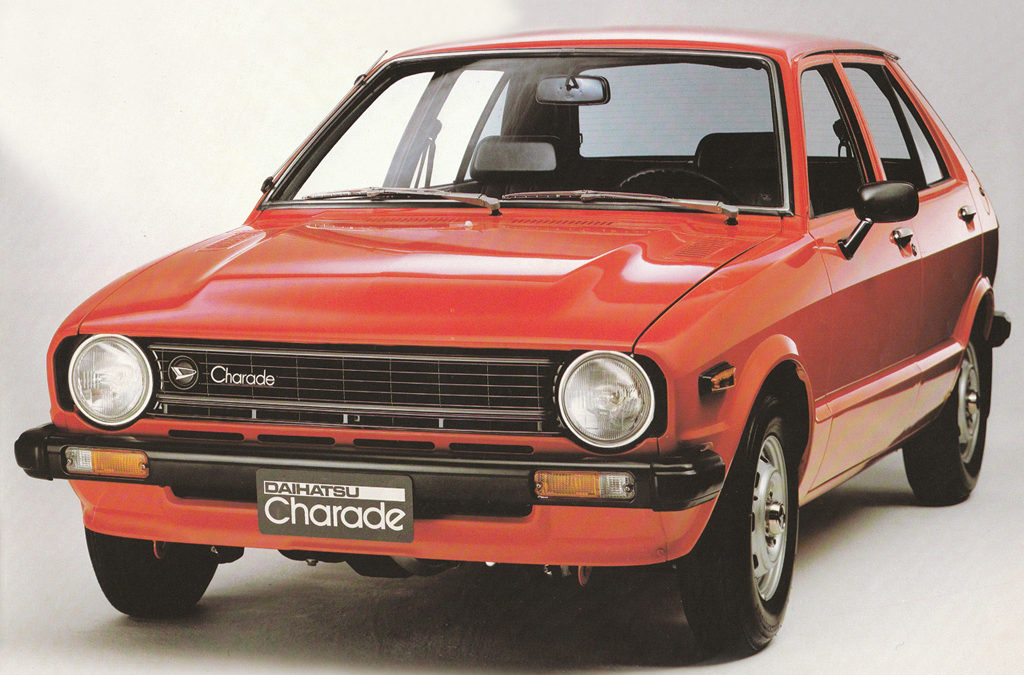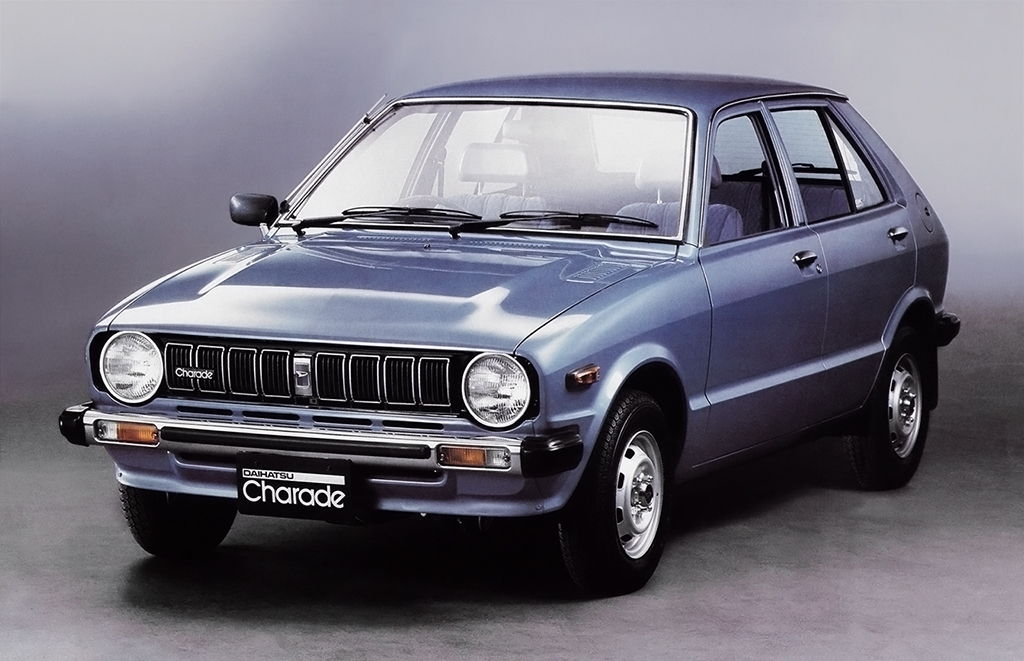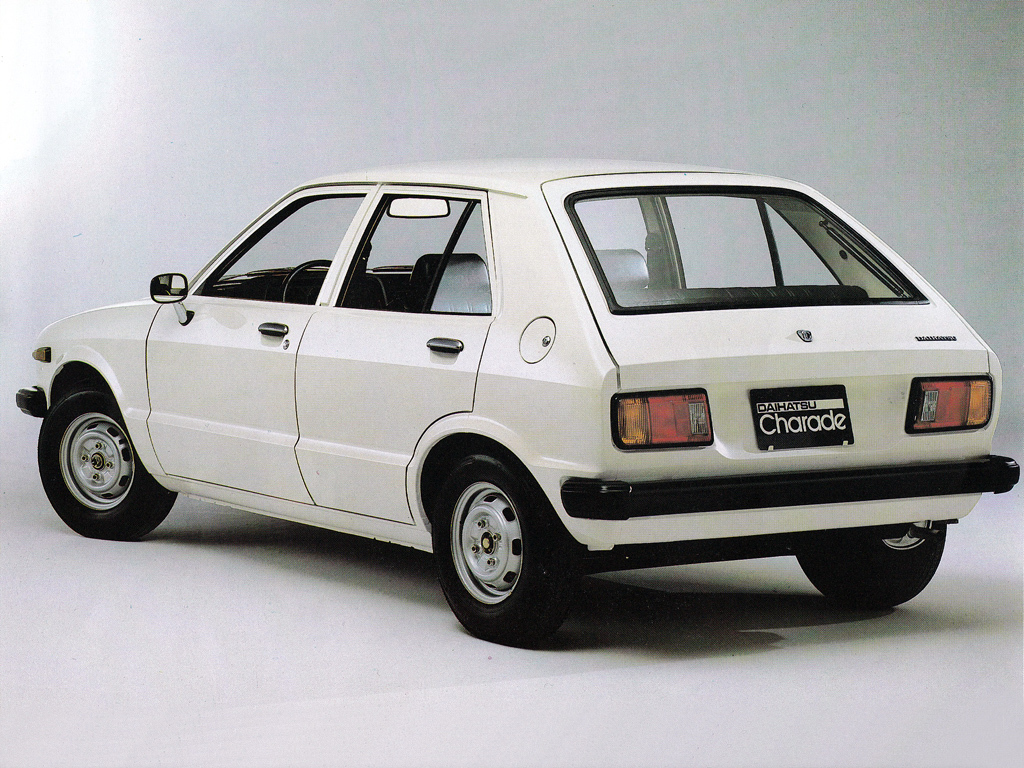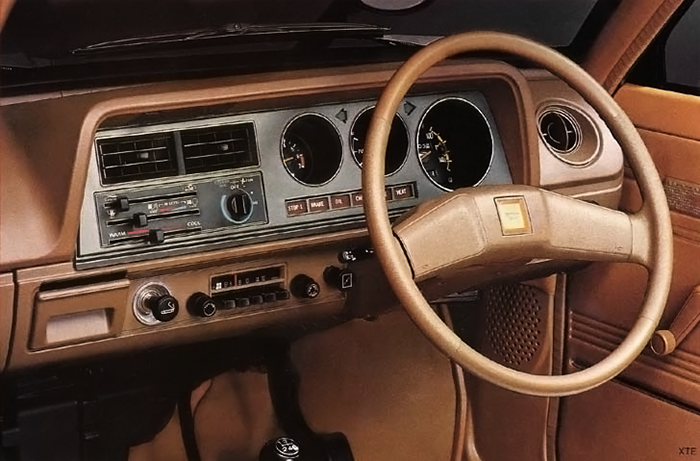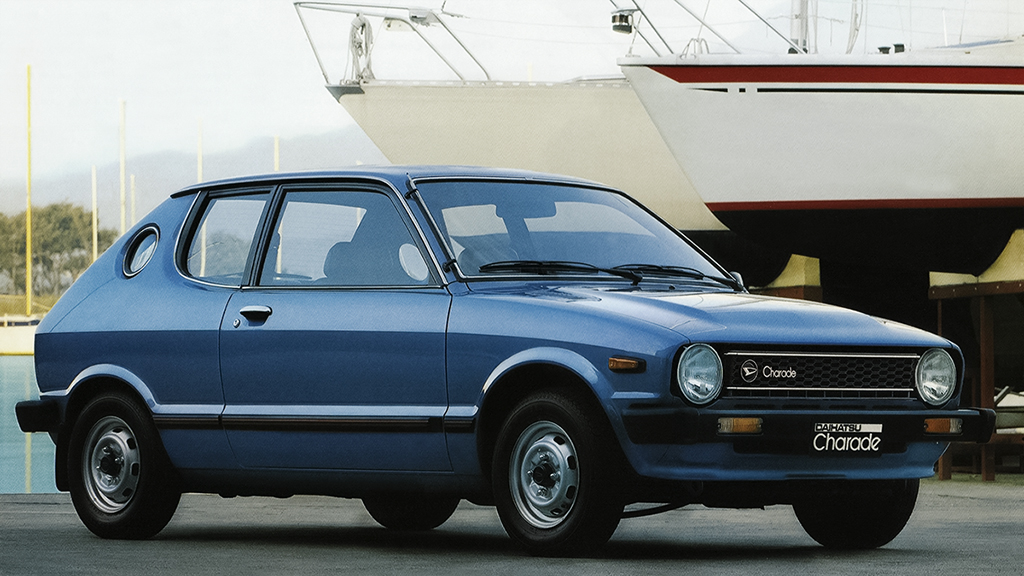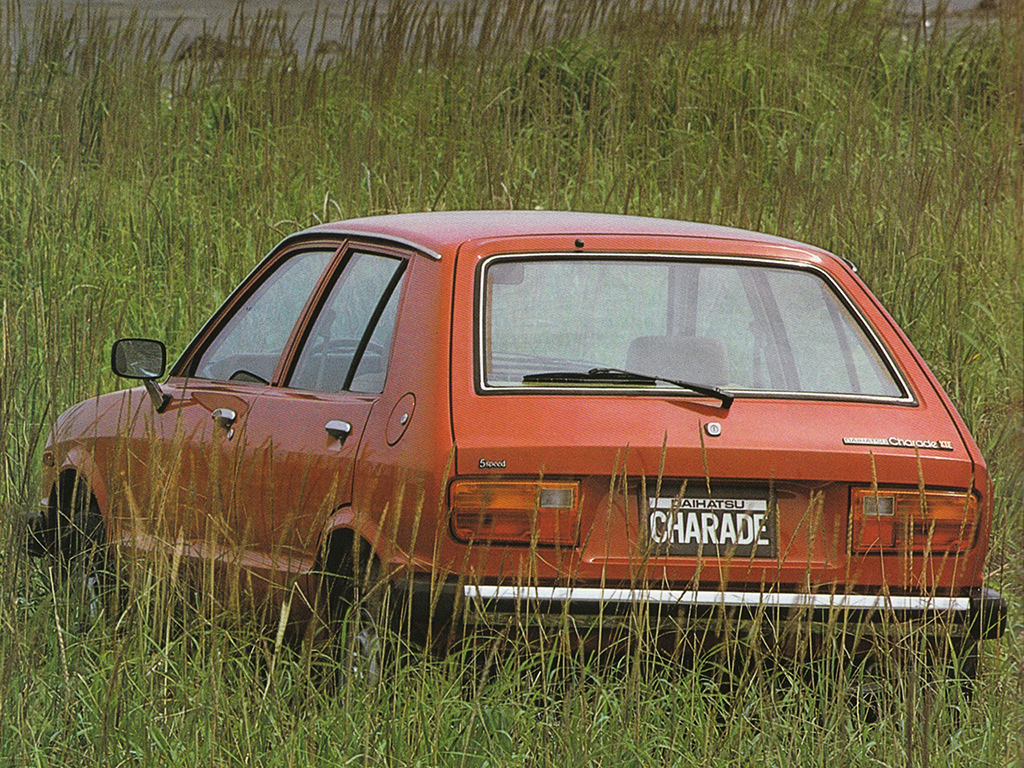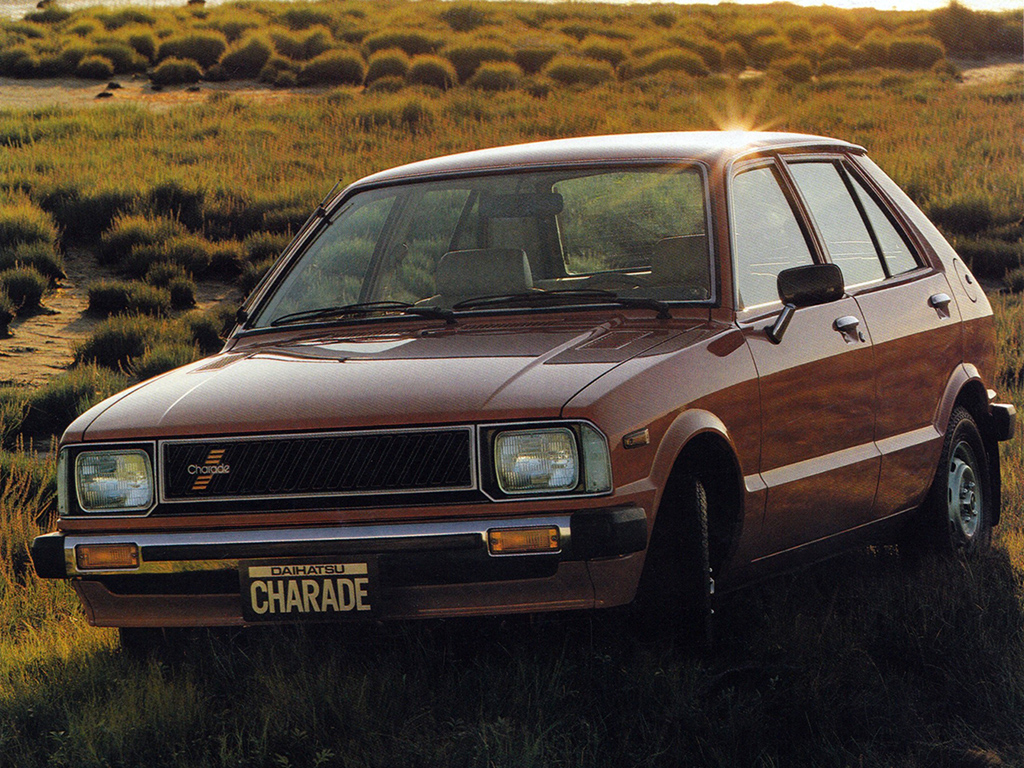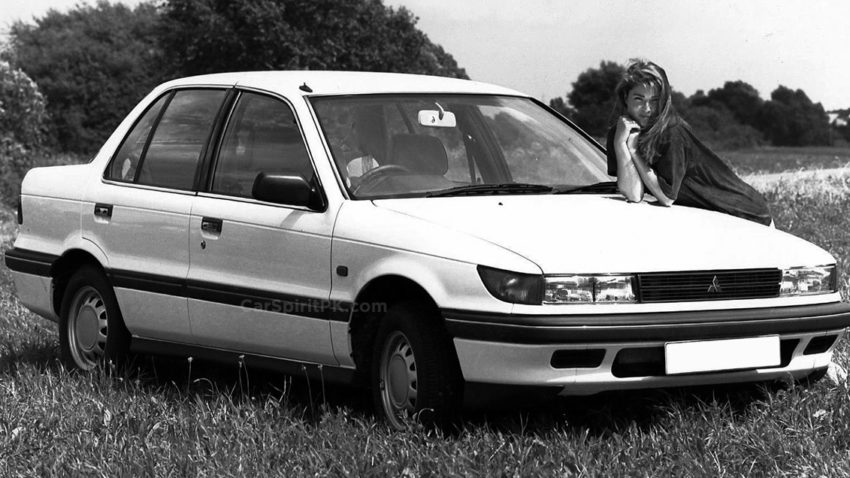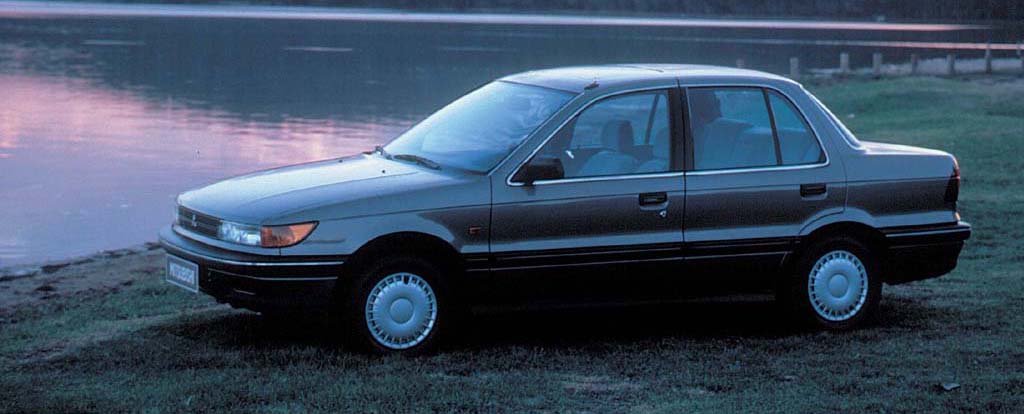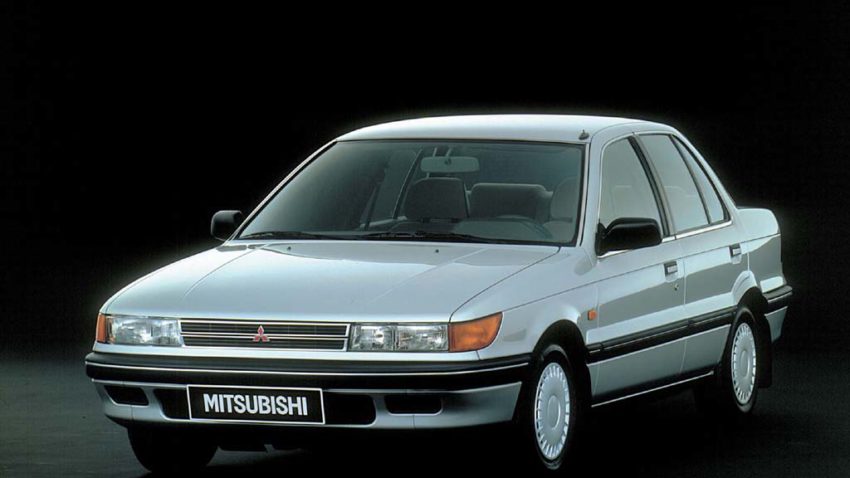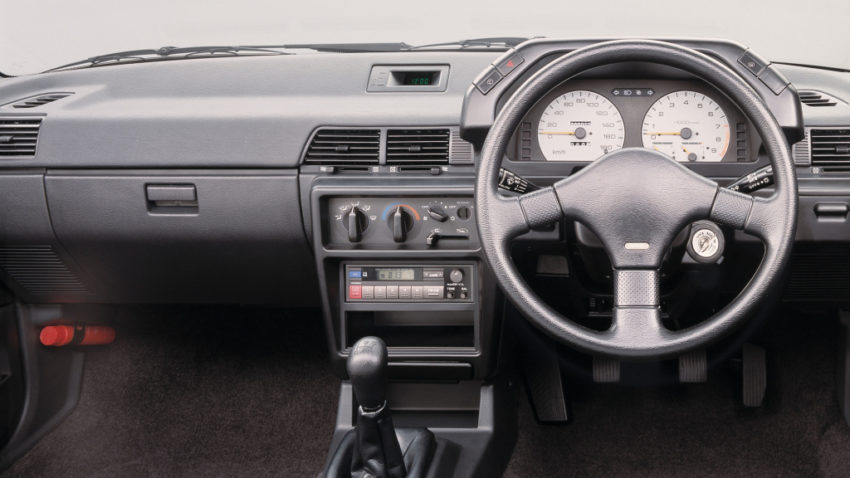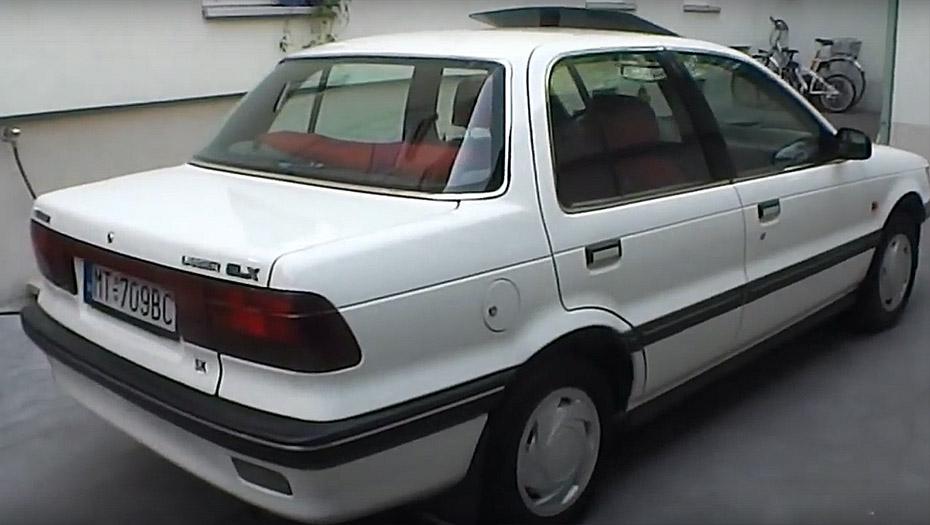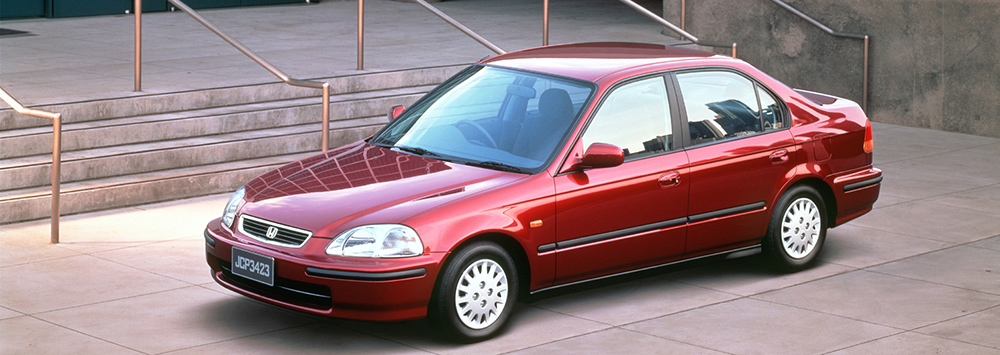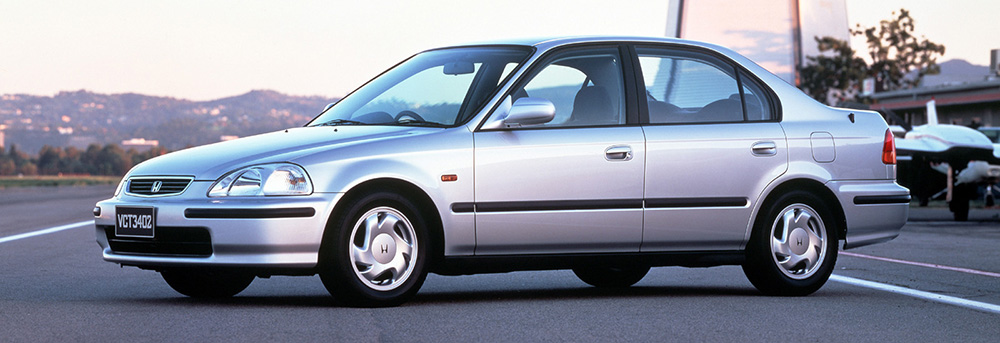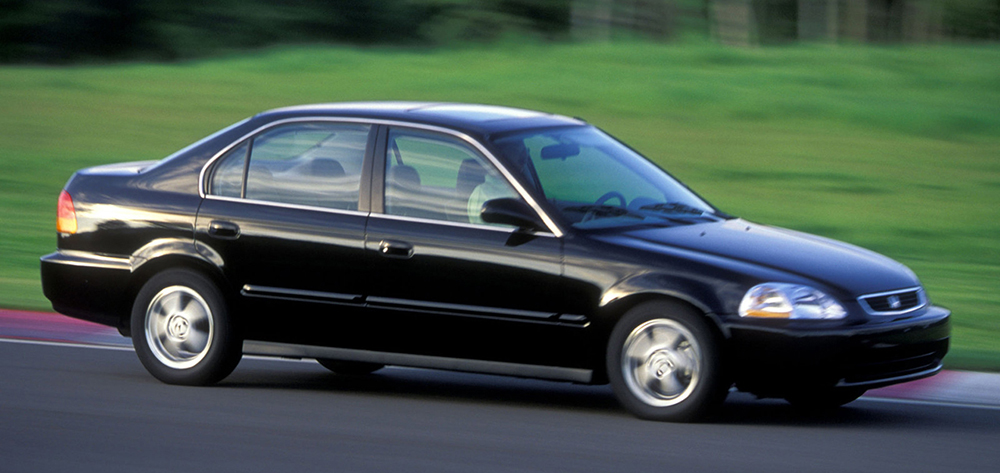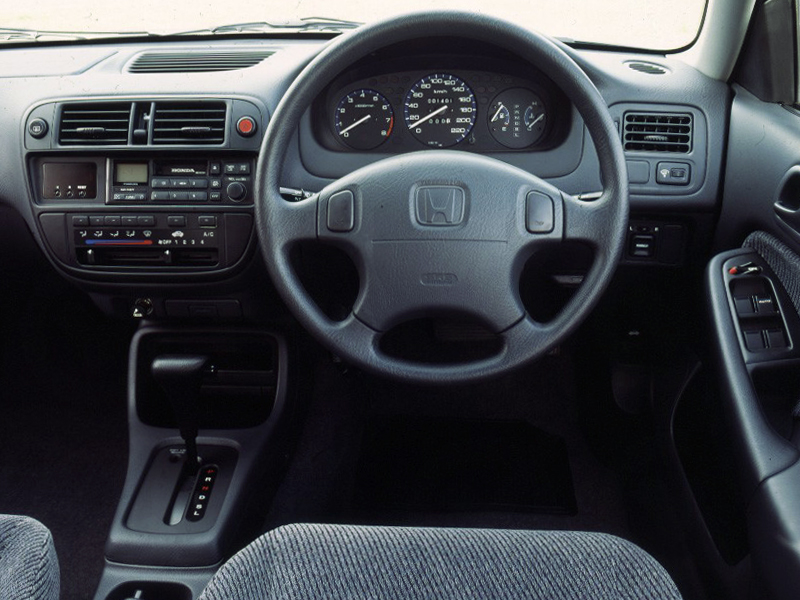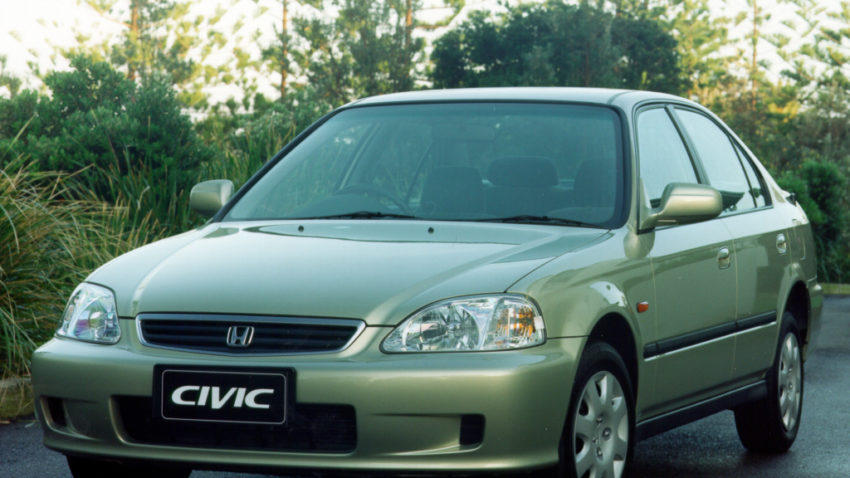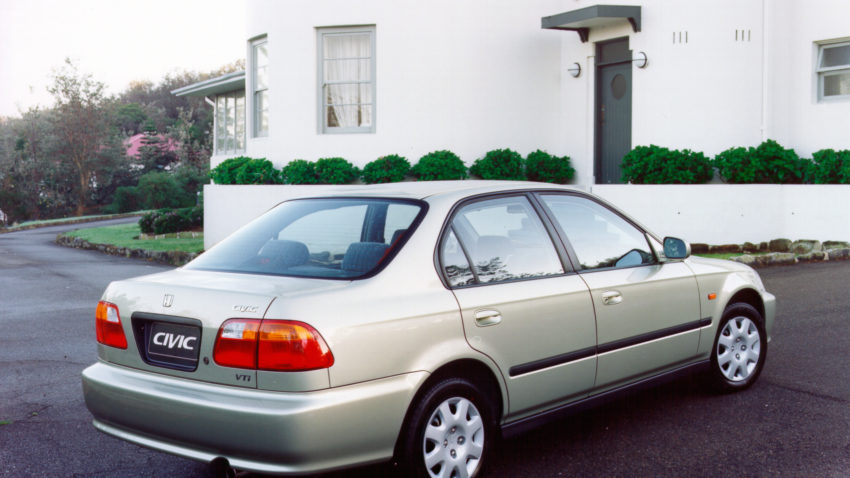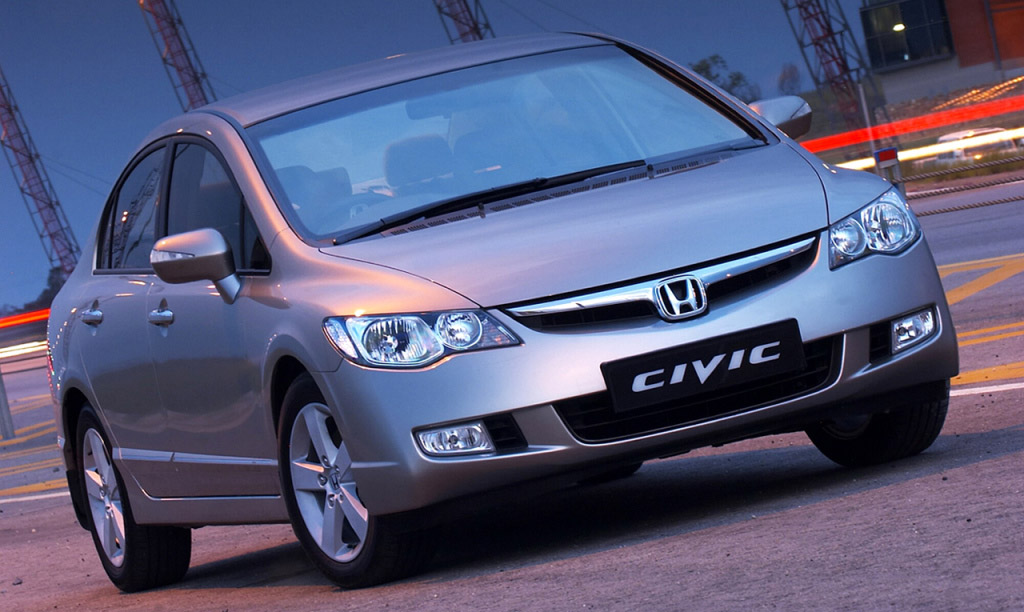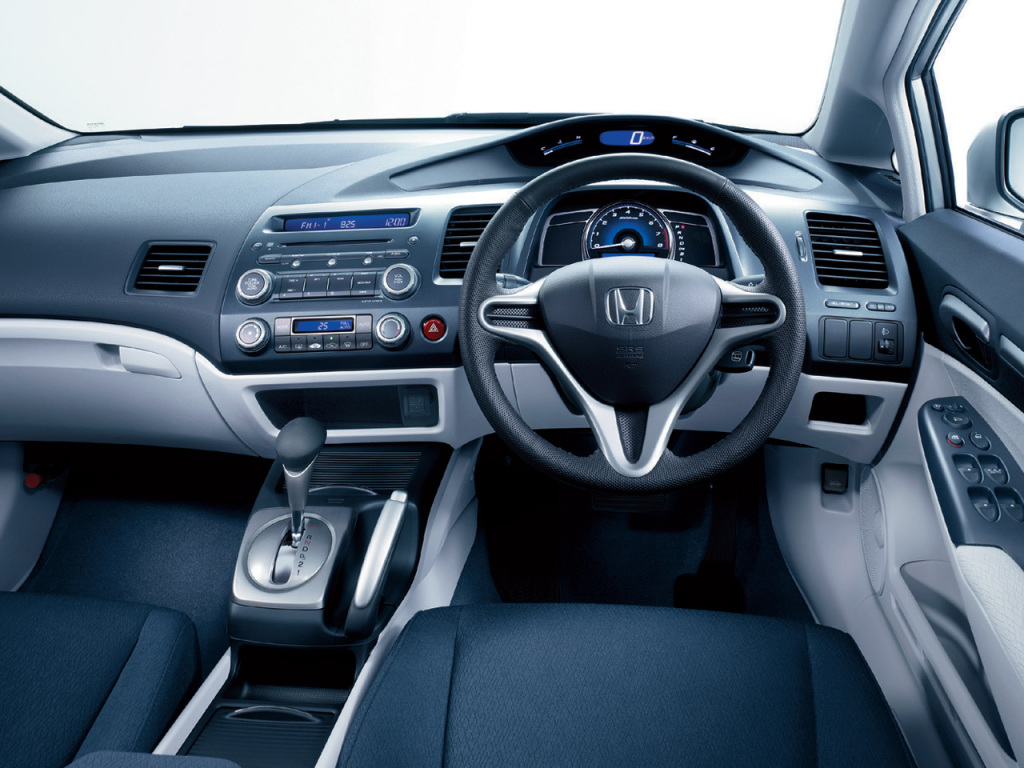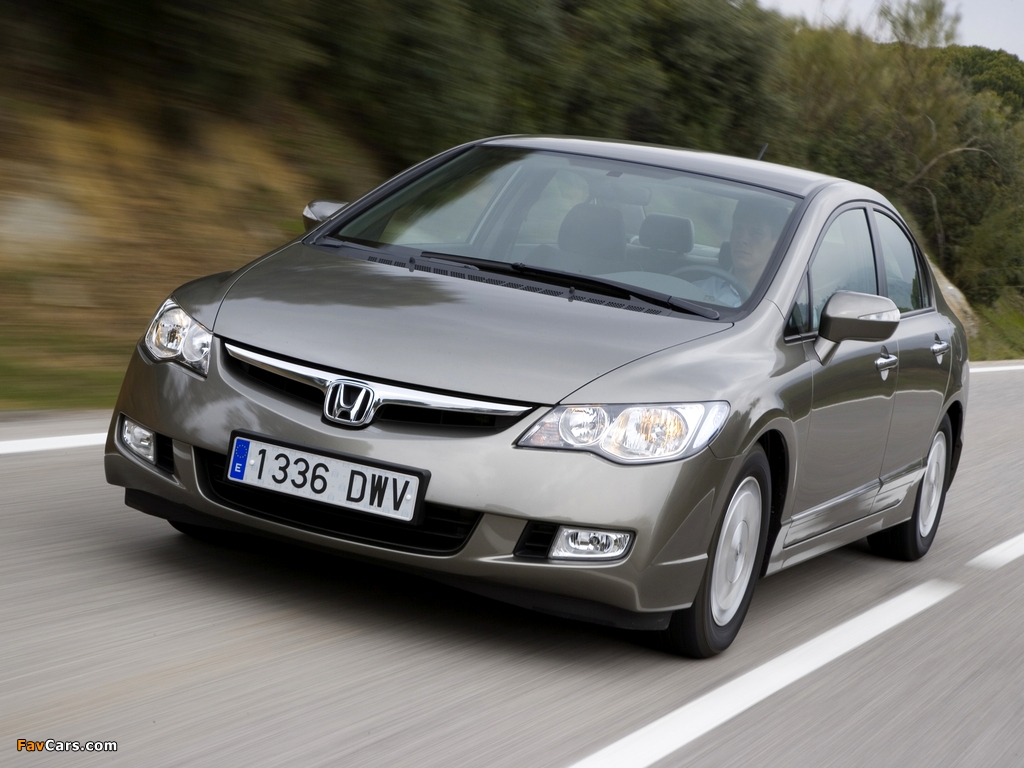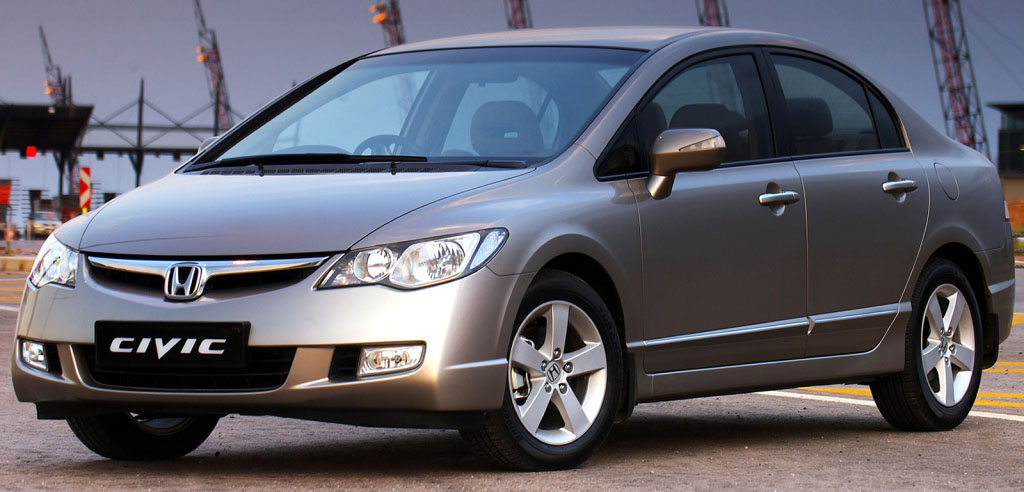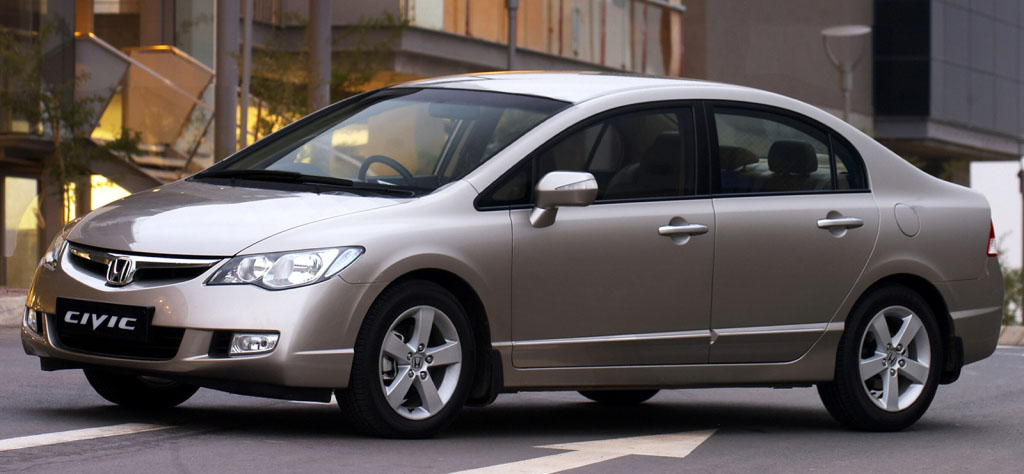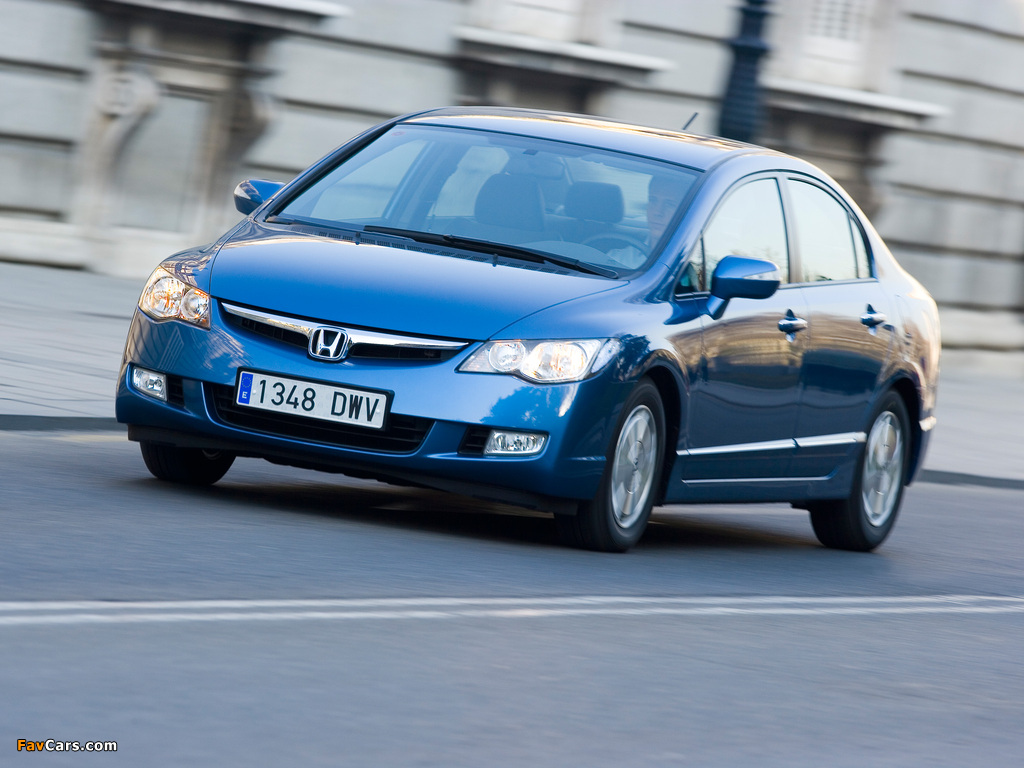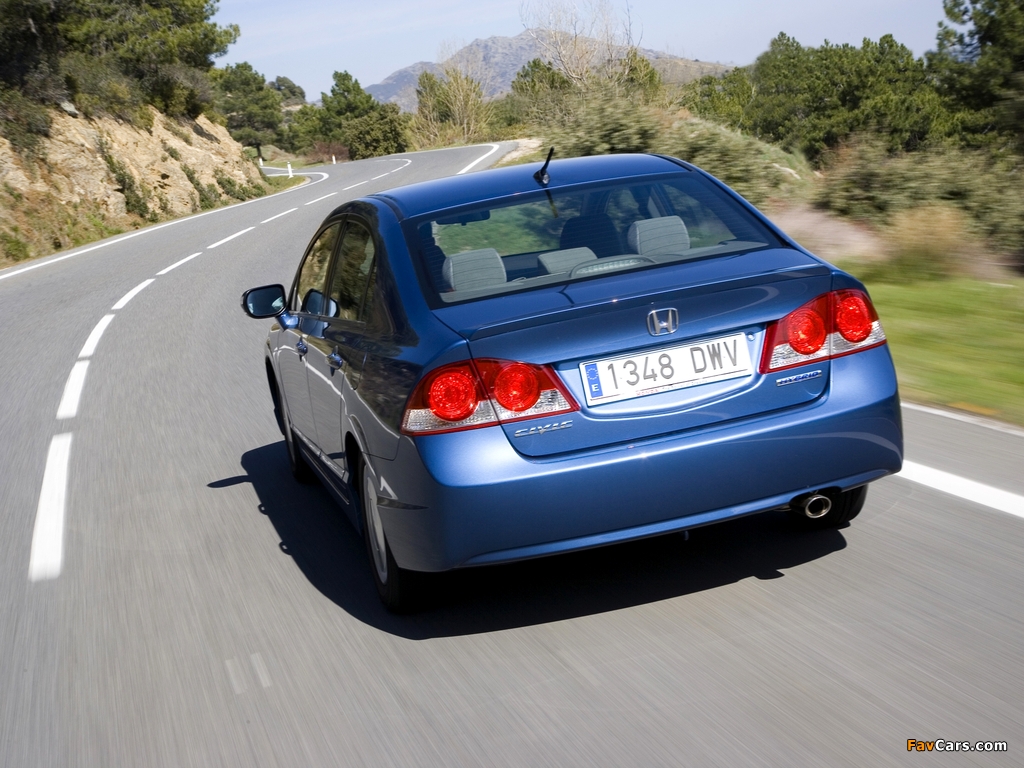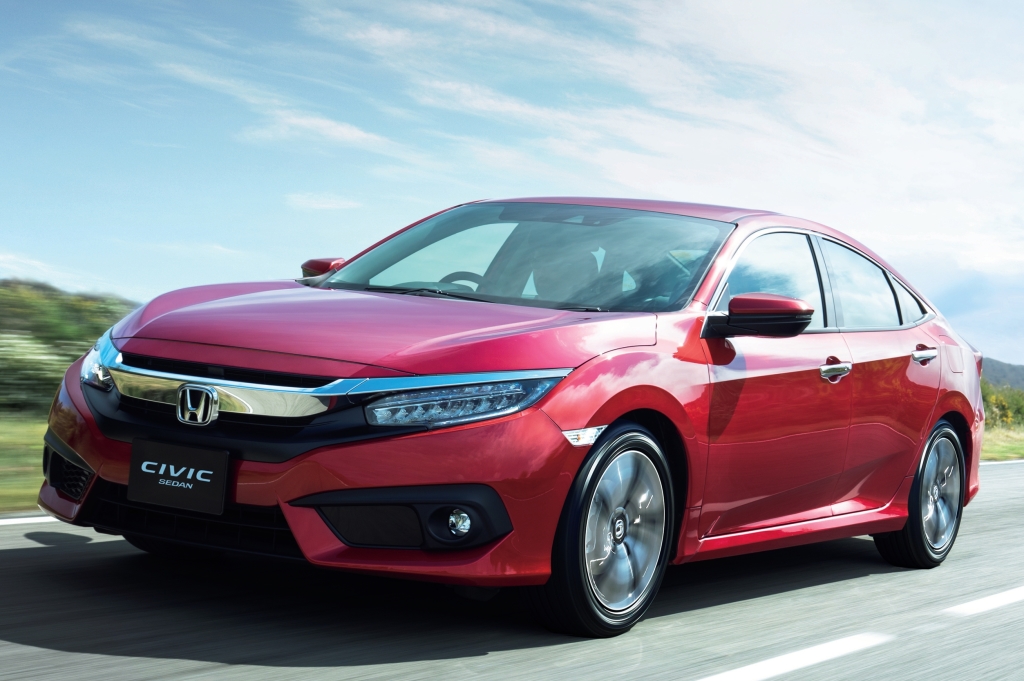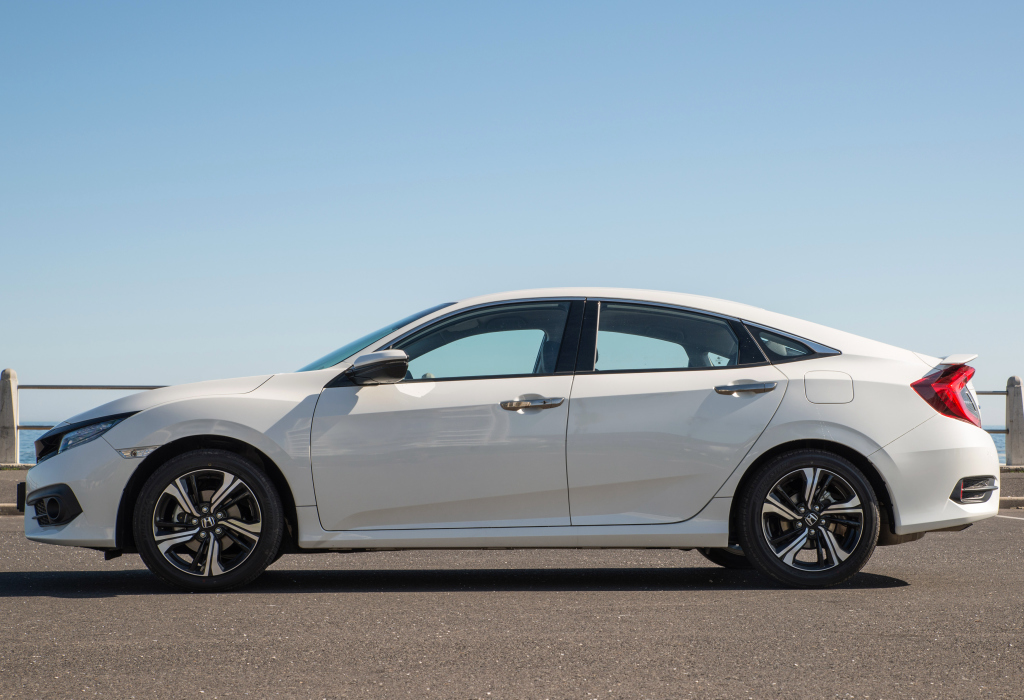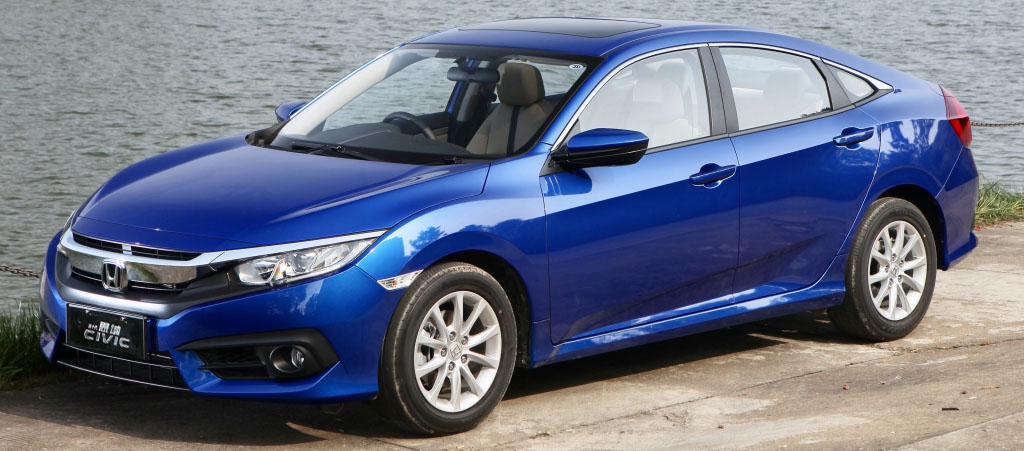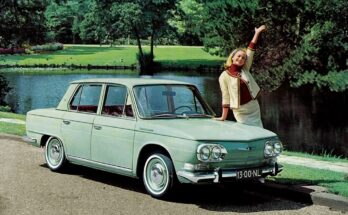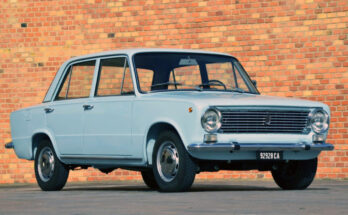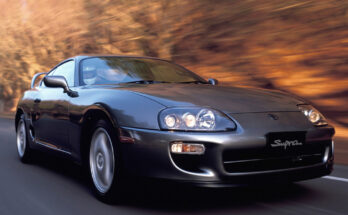Automobile design and development is an ever-evolving process. Over the years, cars have undergone significant transformations in both appearance and performance, driven by changing design trends and growing safety demands. Automakers continually update the technologies used in vehicle design and development, encompassing both mechanical and electrical components.
Each new generation of a vehicle is typically an improvement over its predecessor, thanks to advancements in technology. However, implementing new, untested innovations often presents challenges. Only a few automakers are bold enough to take such risks, but when successful, these risks have often yielded significant rewards.
Related: When Cars Looked Like Cars…
Below we have handpicked few cars decade-wise, which were literally ahead of their times in terms of design & technology utilized.
1970s
Daihatsu Charade G10 (1977-1982)
In the late 1970s, the Daihatsu Charade marked the brand’s entry into the passenger car market, pioneering the small car segment. Dubbed “The Car Created by Computer,” it was among the first Japanese vehicles designed using Computer-Aided Design (CAD), showcasing cutting-edge technology for its time.
The first generation G10 Charade powered by a 993cc engine was a pioneer in numerous ways. When most of the established automakers were still rolling out rear-wheel drive cars, the Charade in the late 70s was front-wheel driven. In terms of transmission options, the G10 Charade was well ahead of its times too. In a time when 4-speed manual transmission was a norm, the first-gen Charade had a 5-speed manual transmission. Plus there was a 2-speed daimatic (semi-automatic) transmission option also available, which considering the competition in that era, was something exceptional for a car of its size.
The first-gen Daihatsu Charade
The Charade G10 in both 2-door and 4-door configurations was sold in Pakistan between 1978 to 1982, while its facelift arrived in 1981 featuring a revised front-end with squarish headlights replacing the round headlights, minor cabin changes, new bumpers, and revised tail-lights.
Daihatsu built 89,792 units of Charade G10 during its production period from 1977 to 1982.
1980s
Mitsubishi Lancer CA/CB 1988-1991
In 1987, Mitsubishi introduced the third-generation Lancer, featuring a more streamlined and modern design. The styling was led by Masaru Furukawa, head of vehicle design, with Yasukichi Akamatsu serving as the chief engineer.
When Mitsubishi launched this generation of Lancer they used the slogan, ‘Built for Tomorrow’, and it literally was. The Lancer was well ahead of its times in terms of design, technology, equipment, and performance.
Visually, it was one of the most striking designs of the 1980s—a true head-turner of its time. It was also a trailblazer, being the first vehicle to feature a 12-valve engine while most competitors were still relying on 8-valve carbureted engines. Under the hood, it was powered by Mitsubishi’s Orion-series 4G13 engine, delivering an impressive 71 hp and 105 Nm of torque, paired with either a 5-speed manual or a 3-speed automatic transmission.
The performance, ride quality, and road grip of this generation Lancer were far ahead of its competitors. Despite being a sedan, it weighed only 930 kg, almost as same as a hatchback, which contributed to its excellent acceleration and fuel efficiency. The combined fuel economy (city/highway) was rated at an impressive 12.4 km/l.
The Lancer boasted a class-leading drag coefficient of just 0.34 Cd, outperforming the 4th-generation Civic, which had a 0.37 Cd despite its low-slung design. Its low, flat bonnet offered excellent visibility for the driver, while the interior was remarkably spacious, surpassing other sedans in its segment. The nearly vertical rear windshield provided exceptional headroom for rear passengers, complemented by outstanding legroom for added comfort. Additionally, the interior featured numerous storage compartments, making it highly convenient for carrying a variety of items with ease.
It was equipped with power steering as standard, while fully powered versions with power windows/ mirrors and power sunroof made it superior to its rivals. Despite everything good, its sales (in Pakistan) lagged behind the hot-selling Toyota Corolla & Honda Civic, commonly attributed towards relatively expensive maintenance.
1990s
Honda Civic 6th generation (1996-2000)
The 6th-generation Honda Civic, designed by Masakazu Udagawa and Yoshi Kigoyoshi, earned the prestigious Car of the Year Japan Award upon its debut. This marked the third time a Civic model received the honor, following the 3rd generation in 1983/84 and the 5th generation in 1991/92.
The 6th-gen Civic introduced advanced technologies to meet the growing demand for performance, safety, and low emissions. Highlights included the innovative 3-stage VTEC engine, offering both high output and excellent fuel efficiency, and a next-generation variable-speed automatic transmission.
It was a pioneer in our market for a number of reasons. Firstly, it was the very first locally assembled fuel-injected Civic in Pakistan. Secondly, it was the first to have a Variable Valve Timing (VTi) engine, although Vtec engines were available in cars across the world for a few years already, the 6th gen was nevertheless the first to offer in Pakistan. The two available engines in local models were a 1.5-liter Efi (EXi) and a 1.6-liter Vti.
The design was strikingly impressive with large crystal headlamps, a shorter trunk, and an overall sportier appearance. It was undoubtedly the most beautiful car we had in our market during the 90s.
In January 1999 the 6th generation facelift Civic was launched. Often regarded as one of the most beautiful Civic to be made, the 6th-gen facelift was also the first locally assembled Civic to offer a sunroof in its Oriel trims.
2000s
Honda Civic 8th generation (2006-2012)
In 2006, Honda Atlas launched the 8th-generation Civic in Pakistan. Unlike its predecessors, which featured 1.5- and 1.6-liter engines, the 8th-generation Civic was the first to be equipped with a 1.8-liter R18 engine, delivering an impressive 140 hp.
This generation of the Civic stood out in numerous ways. It featured a twin-tip exhaust, opposite-moving windshield wipers, and was the first locally assembled vehicle in the market to offer side mirrors with integrated turn signals. Other standout features included a two-tier instrument panel and a digital speedometer, setting a new benchmark in its class.
Honda researchers conducted a study that tracked the eye movements of drivers and prioritized the 8th gen Civic’s gauges and their placement for quick recognition time. Based on this research, a two-tier instrument panel was created that takes advantage of the generous dashboard space from the steeply raked windshield. A digital speedometer, fuel gauge, and temperature gauge are housed in the upper level to be more in line with the driver’s line-of-sight resulting in shorter eye movements between the most commonly referenced gauges and the road.
Honda Atlas used the term ‘Reborn’ in its marketing campaigns for the 8th-generation Civic in Pakistan, a name that resonated so strongly it became permanently associated with this generation. To this day, the 8th-gen Civic is popularly known as the “Civic Reborn” in the country.
Developed in 2005, the 8th-generation Civic was a true head-turner of its era. Even years later, its design remains timeless and continues to hold its appeal, defying the passage of time.
2010s
Honda Civic 10th generation (2016 to date)
The 9th-generation Honda Civic was never a true success in international markets. In fact, the 9th gen was ranked among the Top 10 Worst Flops of 2011 due to cheap interior materials, along with worsened driving dynamics and insubstantial exterior styling changes from the previous generation.
Consumer Reports, the popular American car magazine removed the 2012 Civic from its ‘Recommended’ list of compact cars. CEO of Honda Takanobu Ito explained that the 9th gen Civic was developed during the height of the global financial crisis, which led the company to believe that consumers would be willing to forego upscale content and quality in new vehicles so long as they were fuel-efficient and affordable.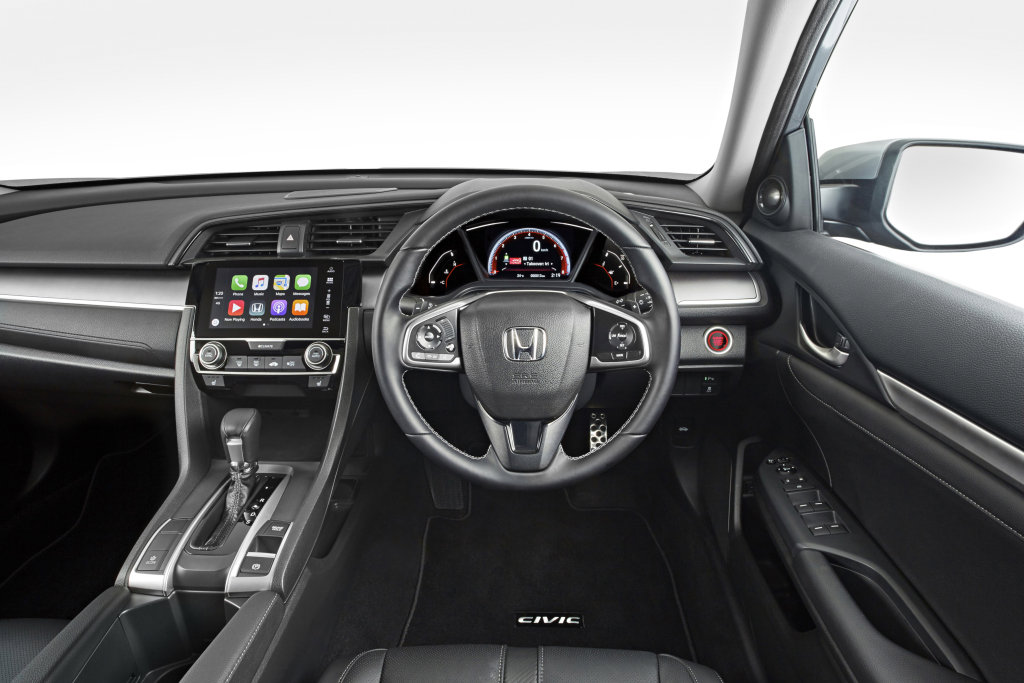
Honda was quick to throw the 9th-gen facelift in order to maintain sales and immediately went back to the drawing board to develop the 10th-gen Civic. Although the 10th-gen Civic made its production debut in October 2015, its development had already started back in 2013.
Related: The New Honda Civic Diesel Delivers Best in Class Mileage
The 10th-gen Civic received overwhelming response right from the first day and had already grabbed plenty of international automotive awards. According to Mitsuru Kariya, Chief Engineer and Honda’s Global Project Leader:
“The creation of this tenth-generation Civic represents one of the most comprehensive and ambitious new model developments ever undertaken by Honda, as well as an unprecedented commitment of R&D resources around the world, from North America and Japan, to Europe, South America and Asia. This car, the sportiest Civic ever, sets new benchmarks for the compact class in terms of dynamic performance, fuel efficiency, spaciousness, safety and interior quality.”
Like other parts of the world, the 10th-gen Civic, which is said to be the most anticipated cars of our market, became an instant hit. Even before its launch, Honda Atlas got more than 5,000 bookings without even needing to display the car.
The 10th-generation Civic offers a range of advanced features, including smart entry with push-start, remote engine starter, automatic air conditioning, and electronic parking brakes. It’s highly regarded for its interior design, ride quality, and, above all, its striking looks, making it one of the most notable head-turners in the market.
In 2017, the 10th-gen Civic achieved record sales, with 20,400 units sold during its first year (July 2016 to June 2017), marking a remarkable 434% increase compared to the previous year. To date, Honda Atlas (HACPL) has sold nearly 32,000 units of the 10th-gen Civic, setting an all-time sales record for the company since its establishment in 1994. In 2017, HACPL sold 47,424 units, a 49% increase from 31,780 units in 2016.

A computer animation professional with over 23 years of industry experience having served in leading organizations, TV channels & production facilities in Pakistan. An avid car enthusiast and petrolhead with an affection to deliver quality content to help shape opinions. Formerly written for PakWheels as well as major publications including Dawn. Founder of CarSpiritPK.com

